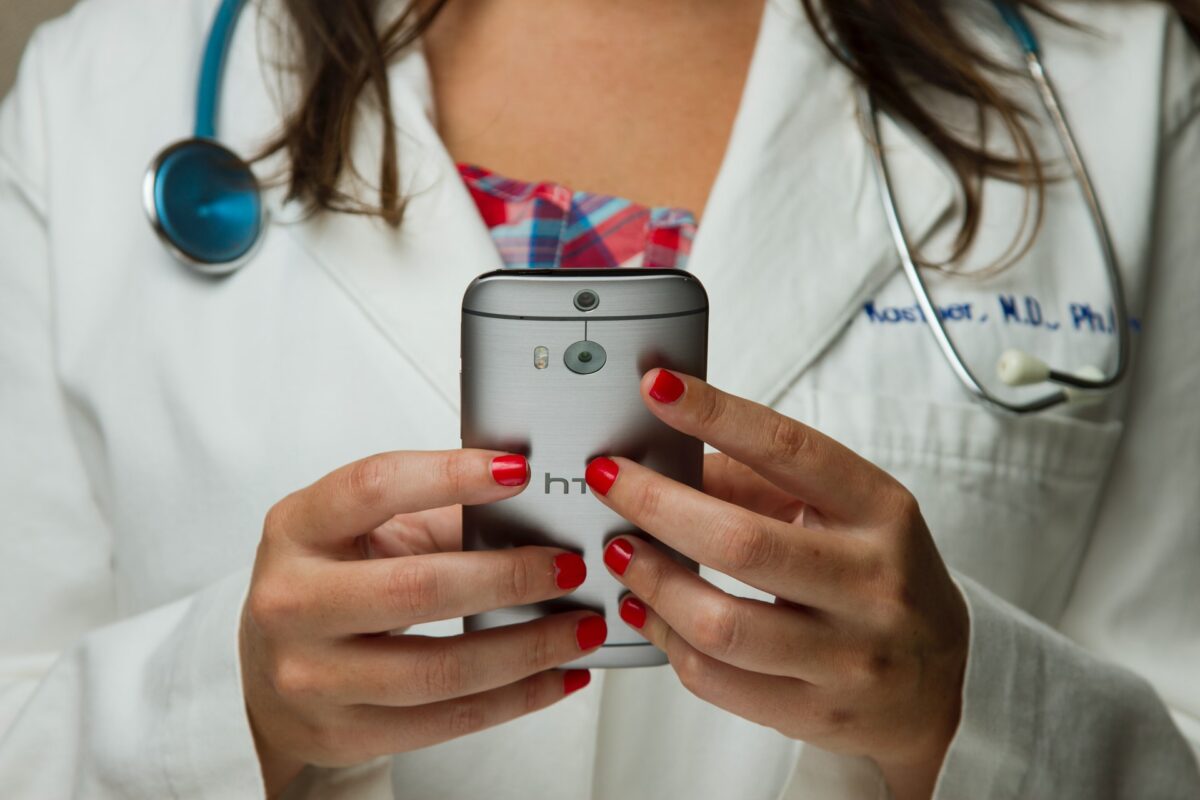
06 May Nurses are using the gig economy to take back control
Nurses have borne the brunt of the COVID-19 pandemic. Resignations and a high staff turnover continue to bulge workloads, creating a cycle of burnout and frustration. A recent survey for IntelyCare Research Labs conducted by Reputation Leaders showed 21% of post-acute care nurses are considering leaving their current role.
Photo by National Cancer Institute on Unsplash
But gig work has an answer. Gig working has revolutionized many industries, from public transport to software development, and now nurses are taking advantage. IntelyCare, a Massachusetts-based tech company, provides a work-scheduling app to allow post-acute nurses to take control of their time and mental health.
Nurses using work-scheduling apps were less stressed, happier and felt more empowered. The study showed 97% of nurses using per-diem apps feel they have control over their work. 56% prioritize their physical and mental health compared to 44% of non-users.
David Coppins, IntelyCare CEO comments
“the scheduling demands on nurses are not sustainable, especially with the rise of the gig economy and flexibility they’re seeing in other careers. A more data-driven approach to scheduling for nurses that allows them to pick shifts that meet the needs of their lives is crucial and will enable systems to reduce turnover.”
Despite the appeal of nursing apps, many nurses are concerned about switching jobs. 45% were nervous about starting at a new facility, and 29% said relationships with patients prevented them from leaving. However, as staffing technologies become more sophisticated, there will be more opportunities for nurses to find stability in per-diem roles.
Per-diem apps are offering the flexibility and control that is valued by many. Where traditional healthcare providers are slow to change, nurses who are dissatisfied with current working conditions will head to companies that put nurses first.
More research on how nurses are balancing their lives, work and health can be found at IntelyCare Research Group.


